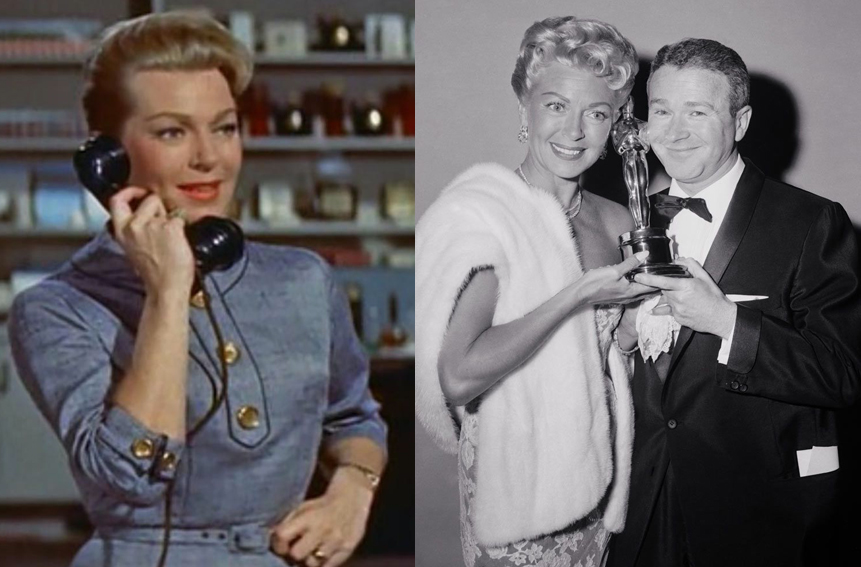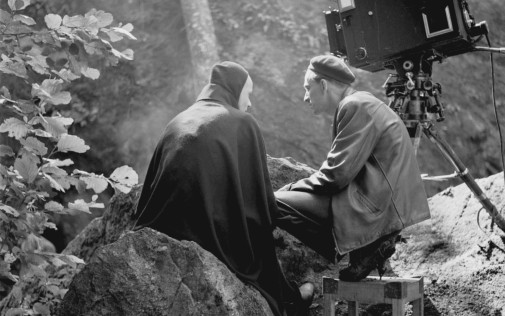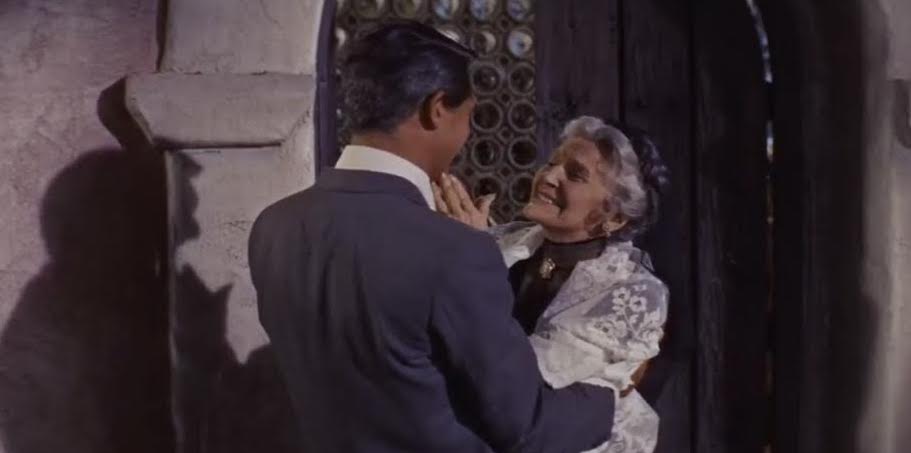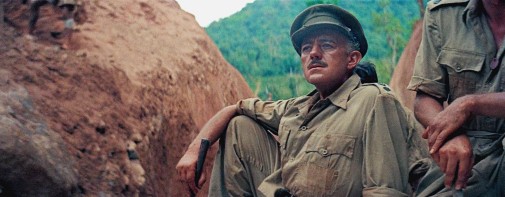Almost There: Marlene Dietrich in "Witness for the Prosecution"
 Monday, July 6, 2020 at 5:44PM
Monday, July 6, 2020 at 5:44PM 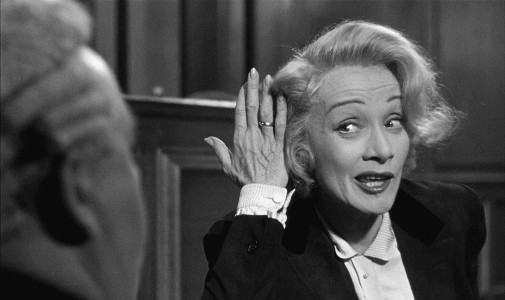
1957 was a fascinating year when it comes to the Oscars' acting categories. Thanks to the stultifying Sayonara, Miyoshi Umeki became the only Asian actress to ever win an Academy Award, while silent era Asian-American sex symbol, Sessue Hayakawa, received his first and only Oscar nomination for The Bridge on the River Kwai. In that same year, the Best Actress race saw Elizabeth Tayor receive her first nomination, and Deborah Kerr coming the closest she ever was to win an Oscar, for Heaven Knows Mr. Alison. She lost, but was, at least, nominated, unlike the cast of Best Picture nominee 12 Angry Men. It seems insane to think so, but none of that picture's astounding performances got any love from AMPAS, not even for Henry Fonda's star turn.
That being said, no snub hurt more than that of an actress so confident she had earned Oscar gold, that there was a prerecorded introduction to her Vegas show that mentioned a 1957 nomination. We're talking about Marlene Dietrich in Billy Wilder's Witness for the Prosecution…



